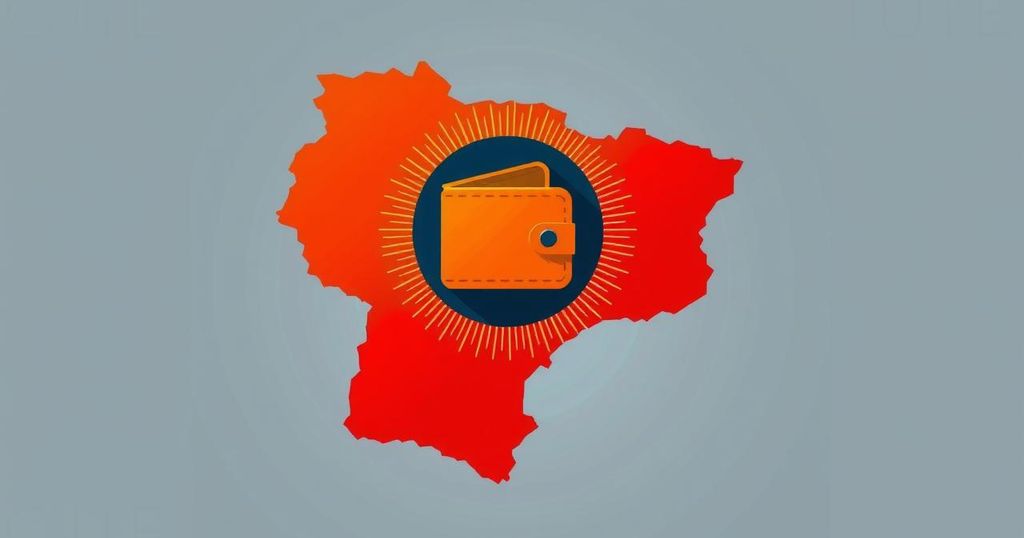Cryptonews
Politics
ARGENTINA, ASIA, BITCOIN MINING, BOLIVIA, CRYPTOCURRENCY, CUBA, DUBAI, EUROPE, FRANCE, GEOPOLITICS, GOLDMAN SACHS, NORTH AMERICA, PAVEL DUROV, SOUTH AMERICA, TELEGRAM, THREE ARROWS CAPITAL, TRADE RELATIONS, TRUMP, UNITED ARAB EMIRATES, US, VENEZUELA, YPFB
Dante Raeburn
0 Comments
Bolivia Turns to Cryptocurrency Amid Fuel Crisis and Dollar Shortage
Bolivia is contemplating the use of cryptocurrency to tackle its fuel crisis amid a dollar shortage. The state-owned energy firm YPFB has been authorized to use digital currencies for payments. This move demonstrates the government’s adaptability to economic challenges while reflecting a broader trend in South America. Despite past bans on crypto, the government is now considering it as an alternative to traditional payment methods.
In response to a pressing fuel crisis and dwindling foreign reserves, Bolivia is exploring the use of cryptocurrency for fuel transactions. The state-owned energy company, Yacimientos Petrolíferos Fiscales Bolivianos (YPFB), has received authorization to employ digital currencies for these payments. This decision indicates the Bolivian government’s readiness to explore alternative methods to ensure a steady supply of fuel amid public dissatisfaction, although no transactions have yet occurred.
Bolivia faces significant economic challenges, including a decline in natural gas exports and a reduction in dollar reserves, resulting in fuel shortages that have instigated protests across the nation. The fuel subsidy program is under considerable strain, leading authorities to investigate cryptocurrencies as a means of bypassing conventional financial channels to maintain imports.
This pivot toward cryptocurrencies reflects a larger trend in South America, where countries such as Venezuela and Argentina have adopted digital assets to navigate financial constraints and streamline international trade. Bolivia’s strategy seeks to enhance energy security by creating a new channel for cross-border payments.
Historically, Bolivia’s central bank banned cryptocurrencies due to economic concerns and regulatory issues in the region. Nevertheless, as digital assets garner wider acceptance globally, the Bolivian government is reconsidering this stance, viewing crypto as a feasible alternative to traditional currencies. While the success of this approach is yet uncertain, as crypto transactions are often volatile and fraught with legal complexities, the government is optimistic that it will provide a temporary remedy to sustain fuel imports.
Bolivia’s decision to explore cryptocurrency as a solution to its fuel crisis highlights its willingness to adapt amidst economic instability. The potential use of digital currencies, while uncertain, reflects a growing recognition of their role in facilitating trade. As the situation develops, Bolivia may pave the way for broader cryptocurrency adoption, though challenges remain in terms of volatility and regulation.
Original Source: cryptodnes.bg








Post Comment